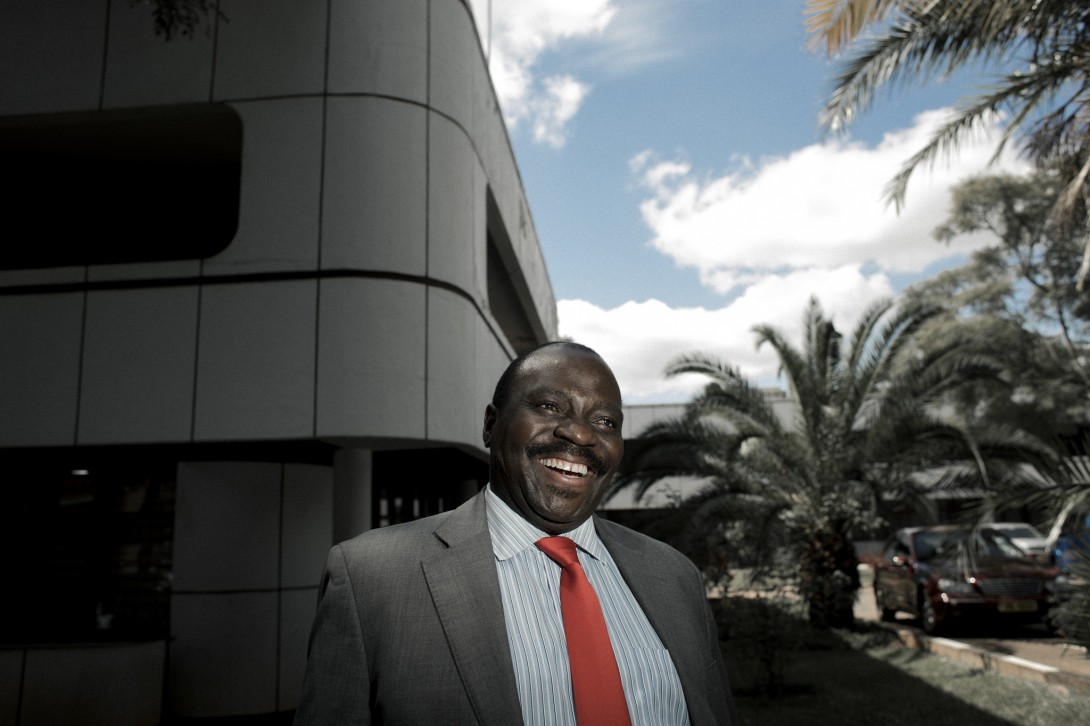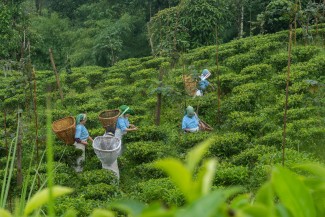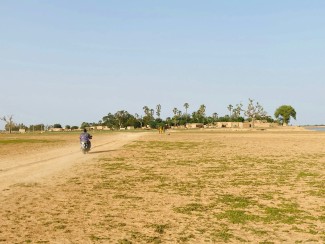The country is striving to enhance agro-processing, secure new markets and increase exports
Malawi Investment and Trade Centre (MITC) CEO Clement Kumbemba talks the power and potential of Malawi’s newfound markets.
Tell me about your work in Malawi.
MITC is an institution under the Ministry of Industry, Trade and Tourism. The focus of our government now is to increase trade, because we see trade as the only sustainable route to our development. Malawi used to depend more on Official Development Assistance and this is now gone, so we are depending more on trade and investment.
What does trade mean to you?
Trade is empowering, as it unlocks the potential of a country.
How does MITC work?
Trade for MITC is of strategic importance because the production that our farmers and our industry are focusing on must be informed by what MITC does in helping to secure markets. Because we believe as a country that our production must be demand-driven, so when MITC secures a market for Malawi that’s when production can begin.

What is MITC doing to secure new markets for Malawi’s products?
With the Enhanced Integrated Framework (EIF), MITC has been able to secure regional markets. We started with the establishment of Malawi’s government office in Tete where our marketing specialist is housed. And through that office over eight companies have secured markets in Tete.
Since the establishment of the office we have a number of companies that are exporting. Not only that, EIF is also supporting us to build capacity of companies that have the potential but lack something to be able to export to these regional markets. As we speak, MITC is working with about 10 companies so they can take advantage of the huge marketing opportunities in the region.
But it is not only in Tete. With EIF support we found markets in Zimbabwe when we attended the Zimbabwe Trade Fair two years ago. What MITC is doing now is to make sure those companies that we took to Zimbabwe are exporting.
We did market research in Zambia, Tanzania and Kenya, and from what we gathered we are able now to tell our industry, our private sector to actually focus on those markets.
Tell me about the Government’s focus on agriculture markets and MITC’s work in that respect.
Agriculture remains the bedrock of our economy, contributing to more that 32% of our GDP. What is coming out as paramount is that we find a way of speeding up agricultural investments in Malawi. And one quick way – looking at the economic models that have prevailed in the world – is the creation of Special Economic Zones. And for Malawi no sector will start with Special Economic Zones, it has to be agriculture, and agro-processing in particular.
We don’t want to be groping in the dark, so we are starting on the path to creating Special Economic Zones with a feasibility study that will be financed by EIF. The study will also elaborate on the legislation needed because we need to have the legislation in place. And the study will show us where to start establishing these zones.
As a country we are very excited because these Special Economic Zones will open up Malawi to attract more companies in agro-processing. It will see the creation of jobs for our youth and our women. Malawi will be able to export value-added products – as you know most of our export products are in raw form.
It is a very exciting time for Malawi.
If you would like to reuse any material published here, please let us know by sending an email to EIF Communications: eifcommunications@wto.org.



